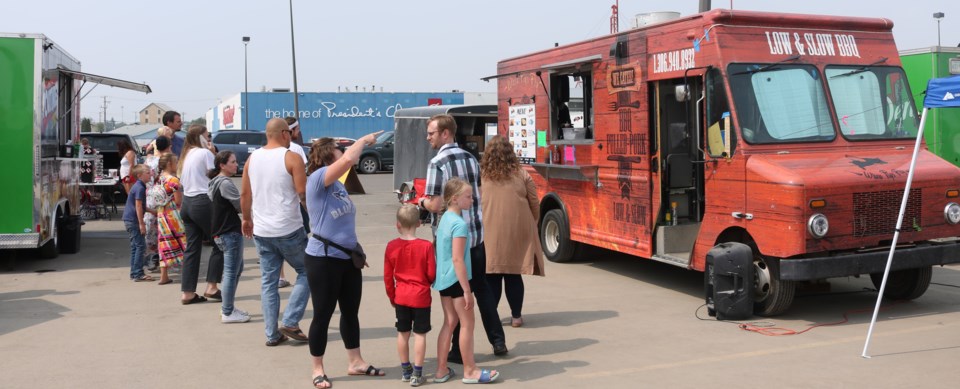YORKTON - Mobile vendors operating in the city will now need a specific business license.
Yorkton Council gave unanimous support to all three readings of an amendment to the city’s Business Licence Bylaw at its regular meeting that now brings mobile vendors under the bylaw.
“Business License Bylaw licenses and regulates business activity within the City of Yorkton. The current Bylaw does not account for Mobile Vendors (food or otherwise), which is a rapidly growing industry and a source of concern for traditional brick and mortar businesses,” explained Michael Eger – Director of Planning, Building & Development with the City.
“As such, we propose to amend the Bylaw to include Mobile Vendor Regulations. This will help enhance the overall image, economic vitality and diversity of the City’s business sector while ensuring public welfare, nuisance prevention and fair competition. It’s important from the perspective of the City to support both the Mobile Vendor industry and the brick and mortar industry by enforcing equitable rules and regulations.”
The Business License Bylaw is adopted under The Cities Act, and that empowers cities to enact bylaws in relation to businesses, business activities and persons engaged in business. The proposed regulations are therefore based on these limitations, and are generally consistent with other City bylaws, said Eger.
A mobile vendor will now need a $250 licence to operate in the city unless the mobile unit is related to a commercial business that already holds a resident Business License which would leave it eligible for a reduced fee of $50.
“Fees were compared for several other cities in the prairies. The proposed fees are on the lower end of those comparable cities but would be sufficient to cover the additional staff time spent on a more detailed licensing process, and further help offset the forgoing of property taxes,” said Eger.
For comparison a food truck would need the $250 license annually, while a restaurant permanently in a building pays a $50 license fee.




.JPG;w=120;h=80;mode=crop)

